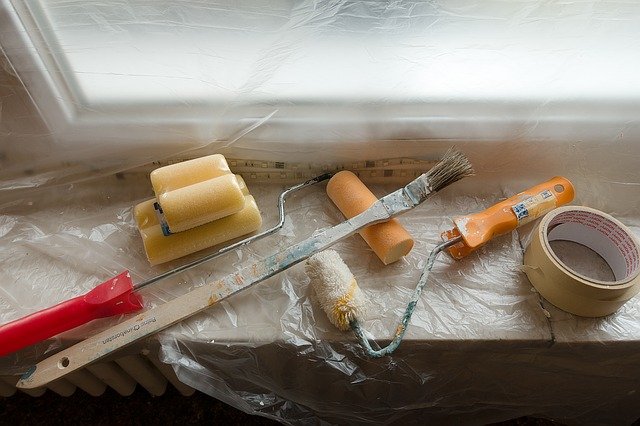DEPRECIATION AND CHATTELS: WHAT TO DO?
Depreciation and Chattels: What to do? We here present answers to some common FAQs on the subject of Depreciation, provided by Valuit.
Q. We are going to get a chattels apportionment completed but do we need to have it done by a certain date?
A. The simple answer is “usually no.” Depreciation reports are always best completed as close to the time you take possession of the property but it is not critical. Valuit say “Depreciation is based on the property when you purchased it so our report and the figures within it are calculated based on that date. If any major changes have occurred then it is great if you have photo or video evidence.”
[EpsomTax.com comment: It is best – if possible – to determine the value of the chattels before the first tax return for the rental property is filed. If you don’t separate the property out into buildings, land and chattels in the first tax return}.
Q: If I replace the carpet, blinds, light fittings, heat pump, dishwasher in a house, would I be better off with the chattel depreciation or claiming it as repairs and maintenance?
A: The question of Repairs and Maintenance versus Depreciation is not really about what is best. Rather it is a question of what is correct: is it classed as “repairs” or would IRD see it as an “improvement”? This will generally come down to if you are improving the property beyond what it was when you purchased it. If so, then generally it is a capital cost and you may be able to claim depreciation on some or all of the replacements. The key with any property that you look to improve is to make sure you have a chattels breakdown completed before you do any work.
For example:
When you buy a property you are paying for everything, even an old dishwasher that might be ready for replacement. With a depreciation report a value will be placed on the old dishwasher. When you decide to replace the dishwasher you will not only get to claim on the new dishwasher but you will also be able to claim the value of the dishwasher that is currently in the property as a loss when you dispose of it.
[EpsomTax.com comment: However, note that the question of whether something is a deductible repair cost, a depreciable chattel or a non-depreciable improvement to the property is not clear cut as there are numerous factors to consider. We recommend you talk to us about this]
Q: Will I still have to pay depreciation recovery on buildings if I sell my property after 1 April 2011?
A: Probably yes. In most circumstances where you have been claiming depreciation on the buildings you will have to pay some level of depreciation recovery. This is why the removal of building depreciation for people buying residential property after 1 April 2011 is not so bad. Yes you lose the use of the depreciation during ownership but you will not have to pay deprecation recovery when you sell. For investors that own property during the change date of 1 April 2011, your depreciation claim for buildings after this date will be zero, but when you sell the property in the future you may need to pay depreciation recovery on the buildings for the depreciation you claimed prior to the change.
Q: Last year I did my own tax return as the income did not justify the accounting fees. I did not bother claiming any depreciation as I only owned the property for part of the year. This year there will be a whole year of rental income so it may be worth claiming depreciation. What is the best option?
A: If you didn’t claim depreciation in your first tax return you can get the chattels valued latter, and claim depreciation from then on. However in this situation, it might not be worth paying the fee for the valuation. Chat to us about the specifics
Q: With the changes around ownership structures, if I transfer the ownership with this be deemed a sale and therefore incur depreciation recovery?
A: In 99% of cases no. The transfer between associated companies will simply see the existing depreciation schedules transfer from the old entity to the new entity.
[EpsomTax.com comment: you will however reset Brightline Test period, and that could cost you a lot of money if you subsequently sell and are caught by this test. Talk to us before you transfer anything!]
Q: I have another question not answered here.
A: No problem! Contact us today!

Recent Posts
Pages
Useful Links
Services
Contact Details
Phone: 0800-890-132
Email: support@epsomtax.com
Fax: +64 28-255-08279
EpsomTax.com © 2021
